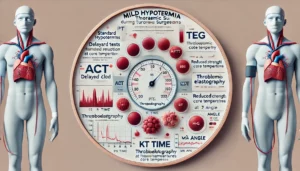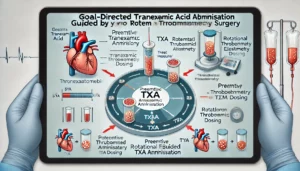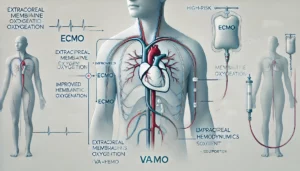
Temperature Effect on Coagulation Function in Mild Hypothermic Patients Undergoing Thoracic Surgeries: Thromboelastography (TEG) Versus Standard Tests
This study compared coagulation monitoring methods in mild hypothermic patients during thoracic surgery. Thromboelastography (TEG) detected significant coagulation impairments, including delayed clot formation and reduced clot strength, which standard tests failed to reveal. Temperature-adjusted TEG showed worse coagulation function at core hypothermic temperatures. Findings suggest TEG’s superiority for hemostatic monitoring and transfusion guidance in hypothermic surgical patients.



